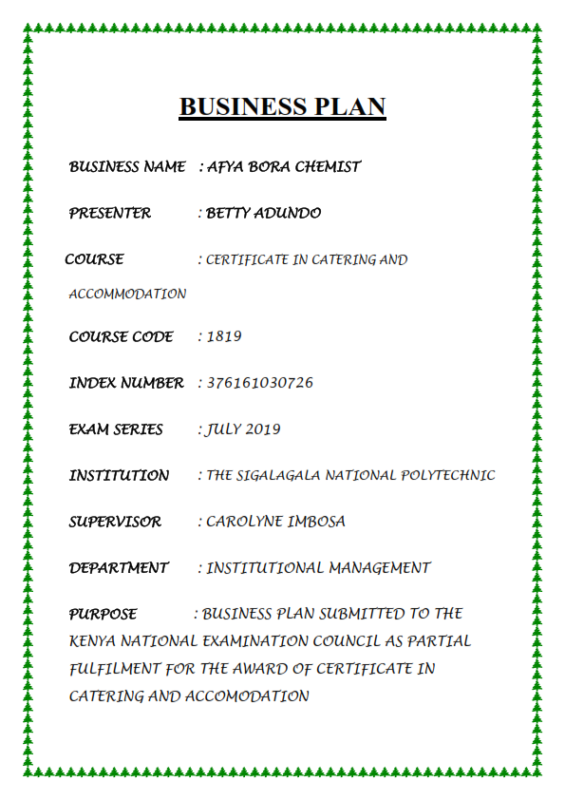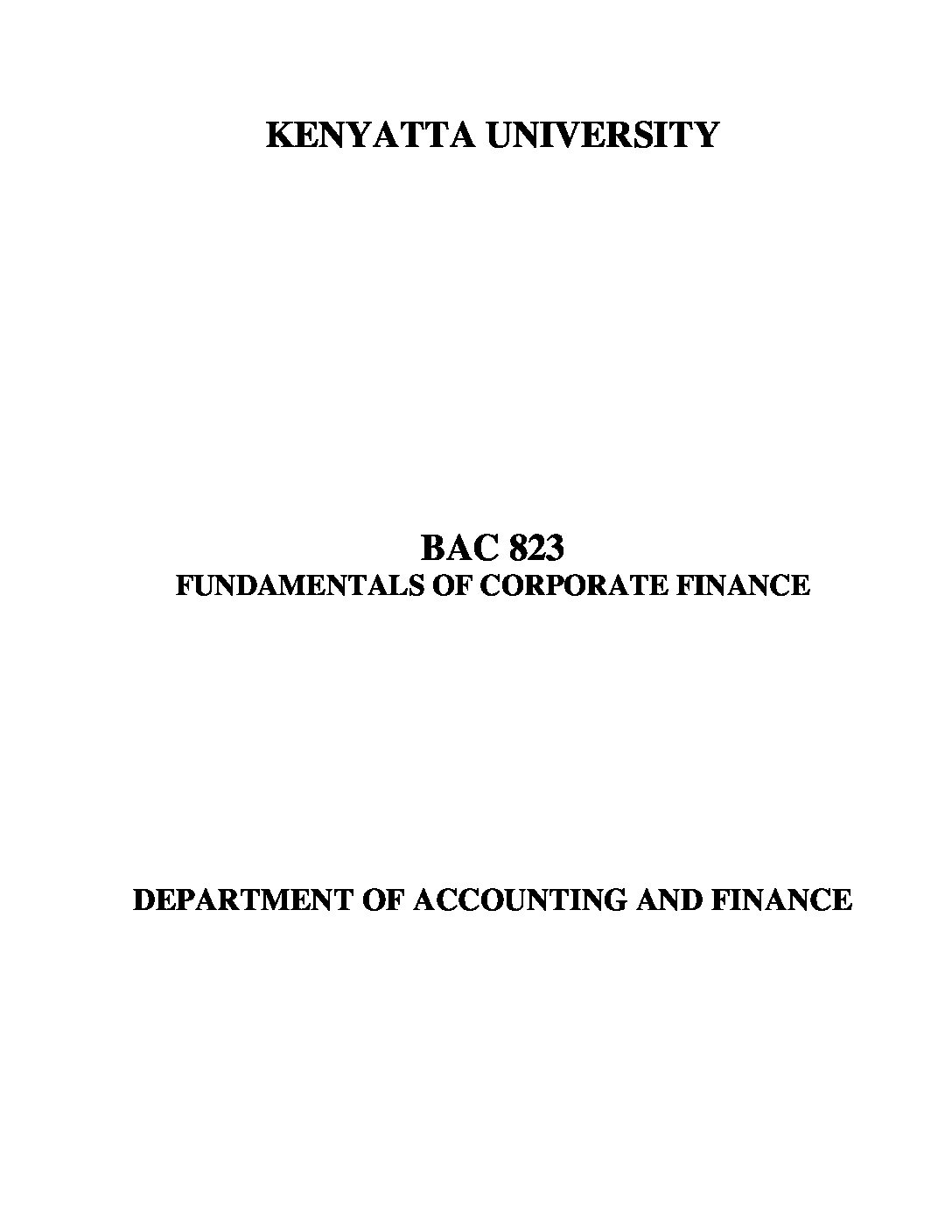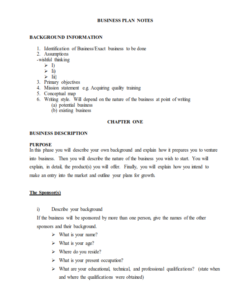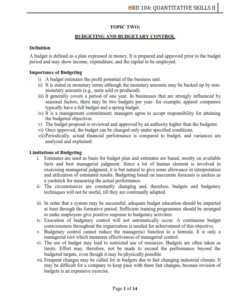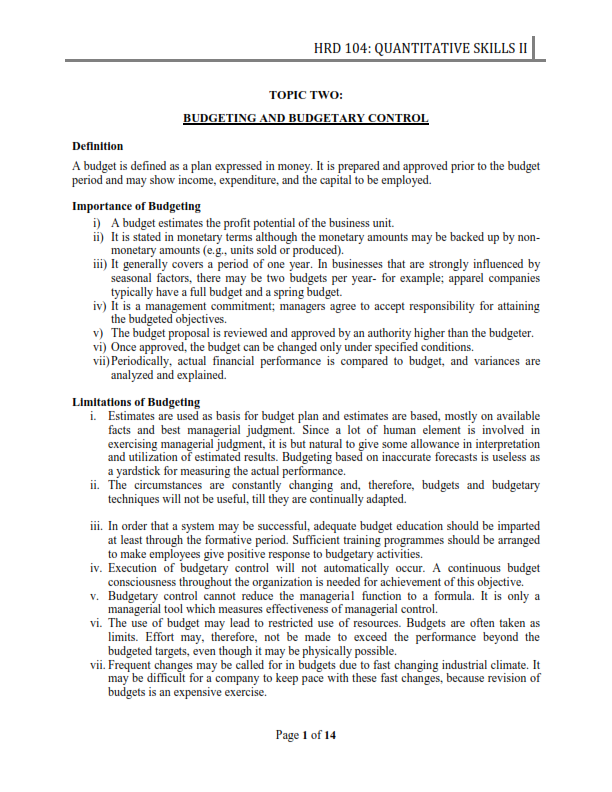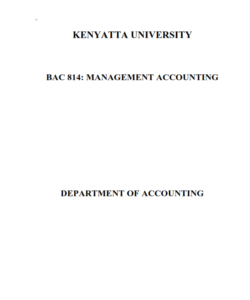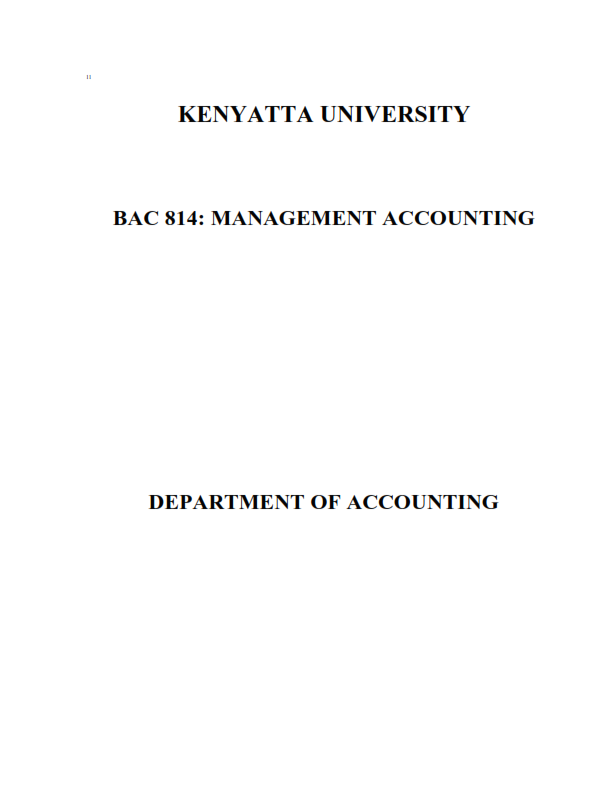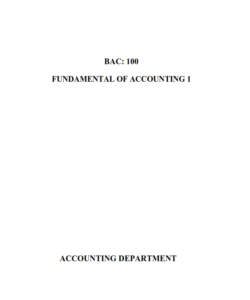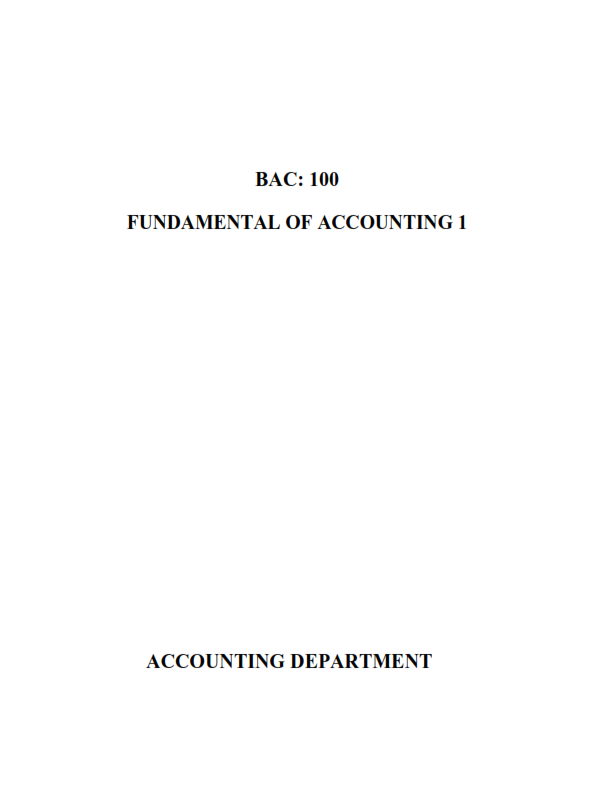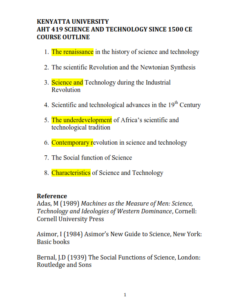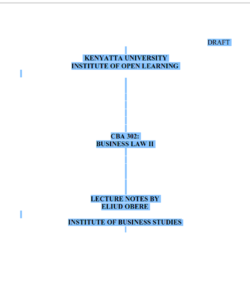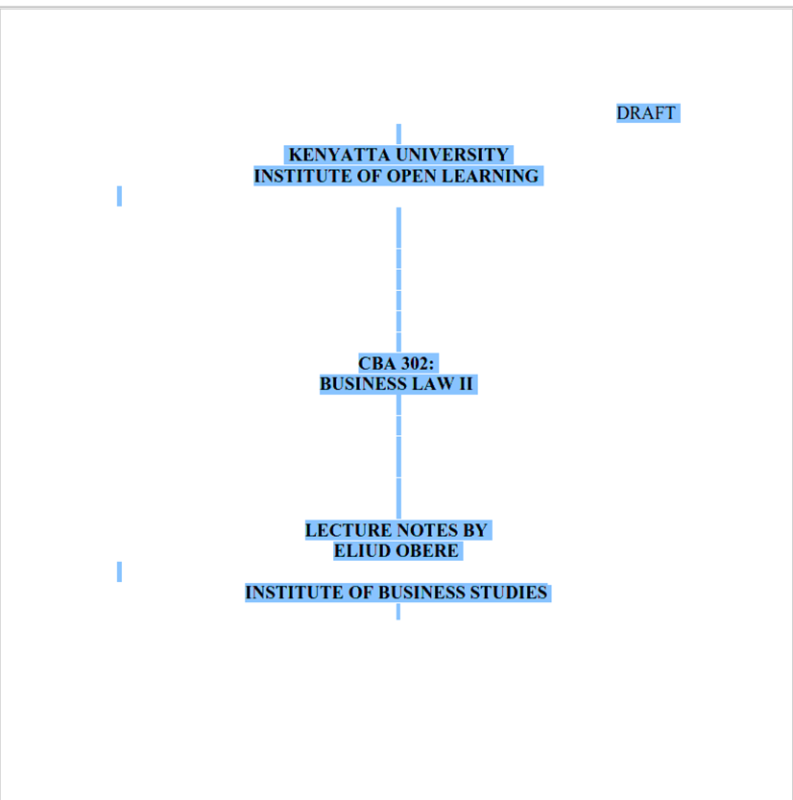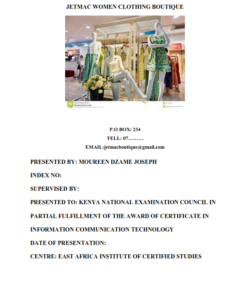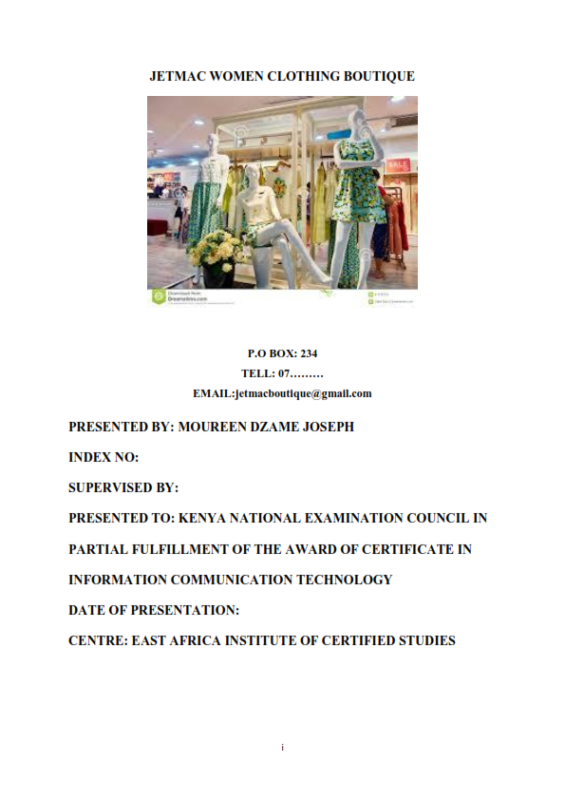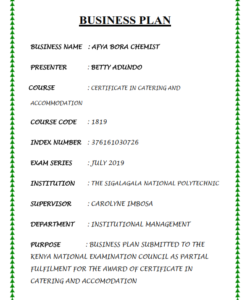BSU 805: Research Methods Lecture Notes-Kenyatta University
KSh250.00
Institution: Kenyatta University
Course: Master of Business Administration
Pages:71
File: PDF
Table of Contents Page
Module Overview 2
Lesson One 5
Introduction to Research Process 5
1.1 Introduction 5
1.1 Research Terminologies and Types 6
1.2 Stages in Research Development 7
1.2.1 Problem Identification and Formulation: 7
1.2.3 Research Hypotheses Design. 10
1.4 Sources of Literature 11
1.4.1 Importance and Purpose of the Review 12
1.4.2 Guidelines in Conducting the Review of Literature 13
Exercise One: Introduction to Research Process 14
Lesson Two 15
Study Design 15
2.1 Introduction 15
2.2 Rationale for Research Design 15
2.3. Types of Research 16
2.4 Study Design. 17
2.5 Fundamentals for Study Design 19
2.6 Characteristics of a Good Study Design 20
2.7 Sources of Error in a Research Design 20
Lesson Three 23
Data Types, Collection and Instrumentation 23
3.1 Introduction 23
3.2 Primary Data Type 23
3.3 Primary Data Collection Methods 24
3.3.1 Structured and Semi-Structured Questionnaires Design: 24
(c ) Likert Scales for attitude measurement 25
3.3.2 Mail Questionnaires 26
3.3.3 Interview as a Data Collection Tool 28
3.3.4 Focus Group Discussions 31
3.3.5 Observational Studies 32
3.4 Secondary Data Type 33
3.4.1 Sources and Uses of Secondary Data 33
3.4.2 Advantages And Disadvantages of Using Secondary Data 34
Lesson Four 35
Measurement 35
4.1 Introduction 35
4.2 Measurement Levels 36
4.4 Implications of Measurement Scales 38
4.6 Attitude Measurement Scales 38
4.7 Characteristics of a Good Measurement 40
4.7.1 Validity Criterion 40
4.7.2 Reliability Criterion 41
4.8 Threats to Validity and Reliability 42
4
Lesson Five 46
Sample Design, Sampling Process And Data Analysis 46
5.1 Introduction 46
5.2 Sampling Frame 48
5.2.1 Sampling Procedure 48
5.3 Sampling Methods 50
5.3.1 Probability Sampling Methods 50
5.3.2 Non-Random Sampling Methods 52
5.4 Sample Size Determination 54
5.5 Data analysis 54
5.6 Univariate Statistical Analysis 55
5.7 Multivariate Statistical Analysis 57
5.8 Computer Software Packages 58
5.9 Presentation of Analysis Results 58
5.10 Diagrammatic Presentation 59
5.11 Discussion and Interpretation of Results 59
5.12 Summary, Conclusions and Recommendations 60
Lesson Six 63
Research Proposal Development 63
6.1 Introduction 63
6.2 Research Proposal 63
6.3 Format for a Research Proposal 64
6.4 Content of the Research Proposal 65
References 71
Related products
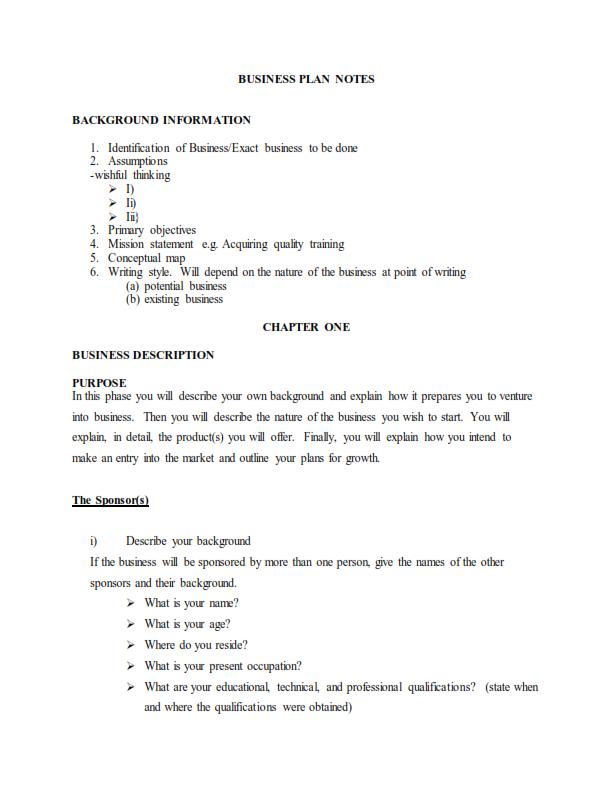
School of Education Arts
AHT 419: Science and Technology Since 1500 CE Notes – Kenyatta University
